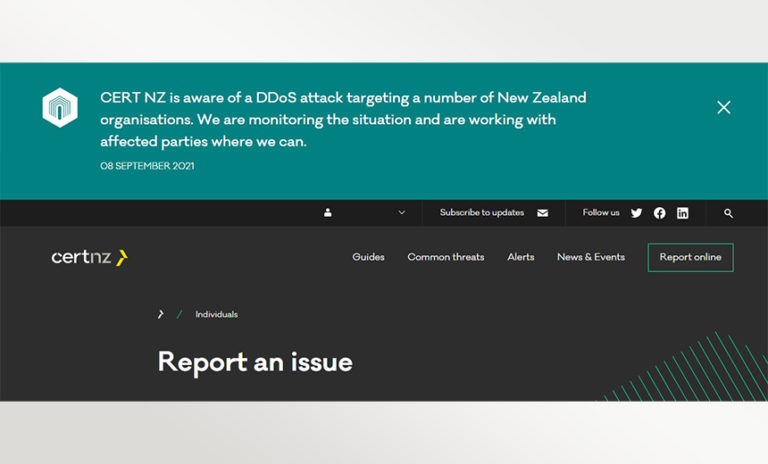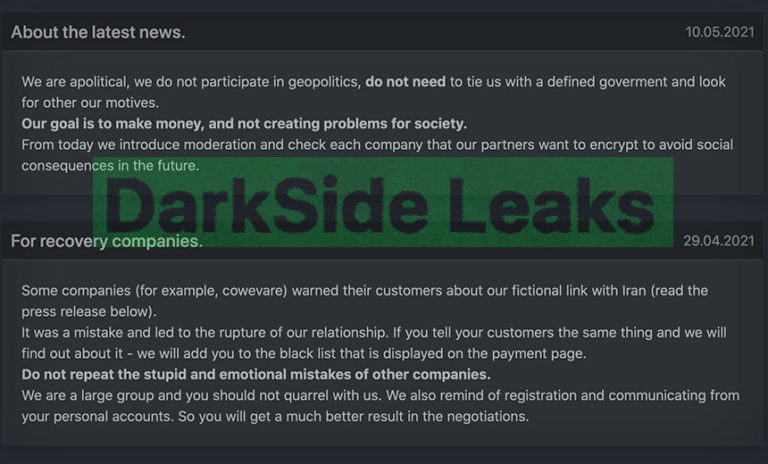This Week In Techdirt History: April 25th – May 1st
from the so-it-went dept
Five Years Ago
This week in 2016, the DOJ dropped one of its big cases over iPhone encryption after the defendant suddenly remembered his passcode, while documents revealed that the FBI hid surveillance techniques from federal prosecutors in case they one day became defense lawyers. The FBI was also planning to ignore any court orders telling it to reveal its Tor browser exploit, while another court was joining the crowd saying one of the agency’s hacking tools constituted illegal searches. And that wasn’t all for the FBI: we also learned that the $1.3-million price tag for unlocking Syed Farook’s iPhone just got them the phone unlocked, not the details of the exploit. Meanwhile, Congress was pressing James Clapper to properly admit how many Americans are spied on by the NSA, and the House voted unanimously to require a warrant for email searches — although some rule changes approved by the Supreme Court were moving in the opposite direction.
Ten years Ago
This week in 2011, everyone was trying to get a look at the supposedly-finished ACTA text, but negotiators were remaining secretive about it — although Homeland Security was complaining to the USTR that it was a threat to national security, one of its former officials was calling the text “a sweetheart deal for IP owners”, and a CRS report (also withheld by the USTR) confirmed that the language was quite questionable. And it was confirmed that, as some suspected, the US was the lone holdout country refusing to release the full text. Meanwhile, Righthaven was smacked down by another judge (while continuing to make crazy demands in other cases), but we noted that even though copyright trolls were failing left and right in court, their shakedowns were still working.
Fifteen Years Ago
This week in 2006, some questions were raised about whether music labels were honest to the DOJ regarding collusion on song download prices, while we also got a closer look at how inconvenient movie studio’s new download offerings were, and the RIAA managed to once again sue a family that didn’t own a computer. Schools were claiming “bandwidth scarcity” as the latest excuse to ban MySpace, while a prescient judge realized that internet use at work is normal and can’t be the grounds for firing someone.

Thank you for reading this Techdirt post. With so many things competing for everyone’s attention these days, we really appreciate you giving us your time. We work hard every day to put quality content out there for our community.
Techdirt is one of the few remaining truly independent media outlets. We do not have a giant corporation behind us, and we rely heavily on our community to support us, in an age when advertisers are increasingly uninterested in sponsoring small, independent sites — especially a site like ours that is unwilling to pull punches in its reporting and analysis.
While other websites have resorted to paywalls, registration requirements, and increasingly annoying/intrusive advertising, we have always kept Techdirt open and available to anyone. But in order to continue doing so, we need your support. We offer a variety of ways for our readers to support us, from direct donations to special subscriptions and cool merchandise — and every little bit helps. Thank you.
–The Techdirt Team





